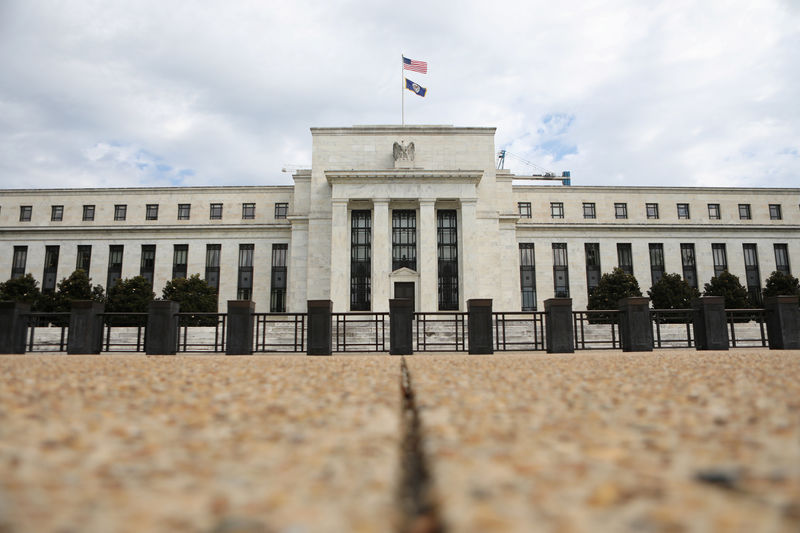Morgan Stanley (NYSE:MS) on Monday reiterated its call for a 25 basis point rate cut by the Federal Reserve in September, maintaining a stance it has held consistently despite the recent global market rout.
The bank’s economists note that while market reactions to the latest Bank of Japan (BoJ) decisions and softer U.S. payrolls data have been strong, they do not signify a fundamental shift in economic conditions.
Specifically, the increased market focus on central bank actions, particularly the Bank of Japan’s (BoJ) surprising tone on future rate hikes, set the stage for an increased perception of risk around U.S. economic growth. In the unexpected decision on July 31, the BoJ hiked its short-term policy target to 0.25%, its highest in 15 years, from a zero-to-0.1% range
“The market’s initial reaction to the decision itself was relatively calm, but in the press conference following the decision, Gov. Ueda surprised the markets by talking about future hikes,” Morgan Stanley economists explained.
This move was compounded by the downside surprise in July's U.S. payrolls, which missed expectations with a print of 114,000.
Despite the subsequent pullback in global markets, economists remain firm in their forecast.
"We keep our longstanding call for a 25bps cut by the Fed in September,” they said in a Monday note.
Morgan Stanley believes that the Fed’s dual mandate—balancing inflation with economic growth—has come into sharper focus as inflationary pressures have softened. This shift has led the market to expect a more growth-sensitive approach from the Fed, further bolstering the case for a rate cut.
Economists also pointed out that the U.S. economy continues to show resilience, with Q2 2024 GDP growth at 2.6% and consumer spending up 2.3%. The unemployment rate, though slightly higher at 4.3%, still reflects a relatively healthy labor market. These indicators, according to Morgan Stanley, suggest that the U.S. is on track for a "soft landing,” not a recession.
“We think the economy is on its way to a soft landing, but the market is on alert for all signs of more dramatic weakness. The data do not yet indicate an accelerated deterioration of the economy,” the note states.
Looking ahead, the bank highlighted that a potential interplay between Fed cuts and BoJ hikes could bolster the Japanese yen. However, economists said that their initial view remains unchanged, predicting that the BoJ will hike rates in January “and indeed our forecast implies that real rates will stay negative through the end of 2025.”
